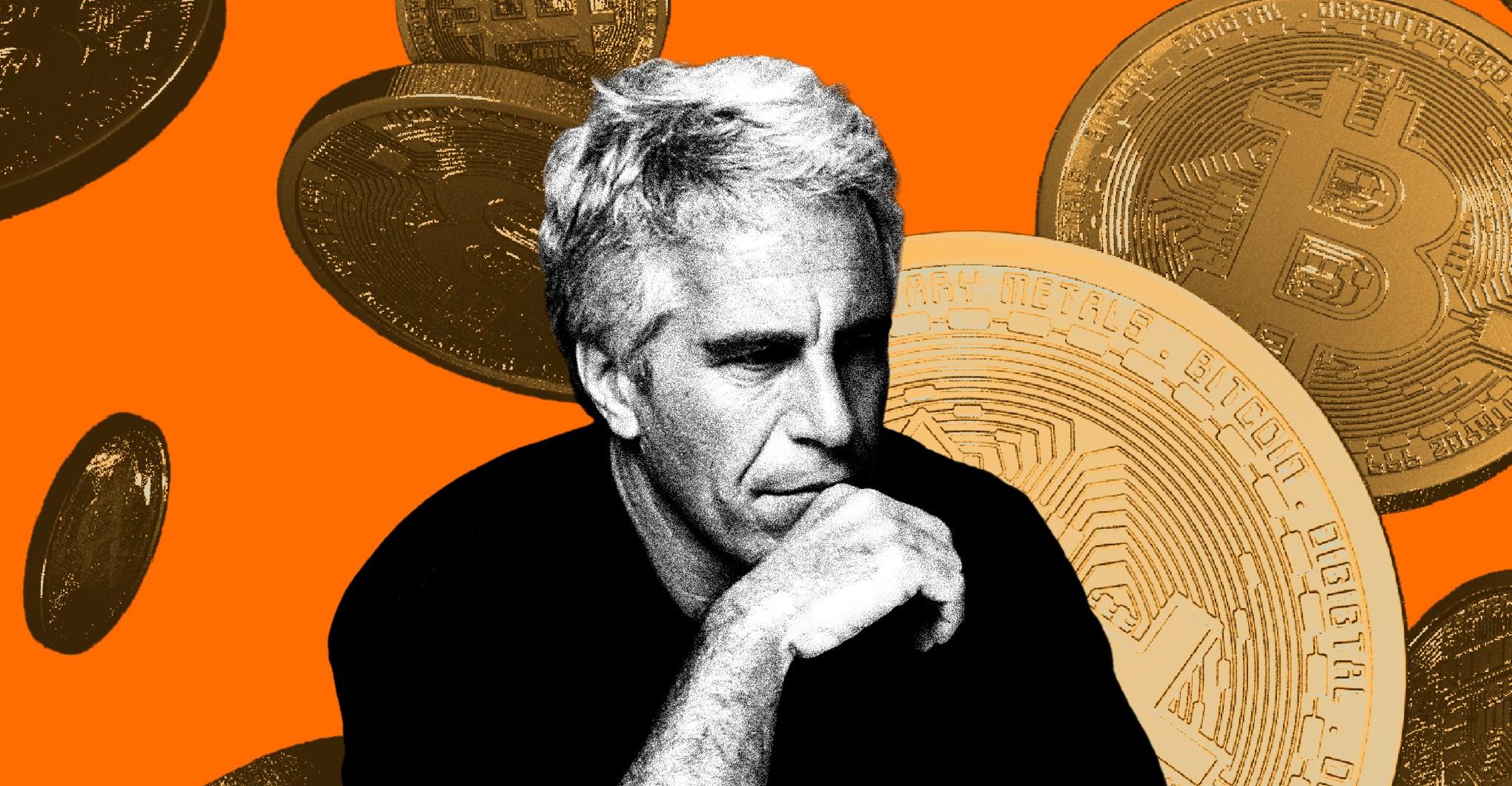Kristalina Georgieva says strong demand from the US, supply chain disruptions and the Ukraine war effects all point to longer-lasting inflation


International Monetary Fund Managing Director Kristalina Georgieva said on Thursday that global finance leaders may need to become more comfortable with fighting multiple bouts of inflationary pressures.
Georgieva told Reuters that it was getting harder for central banks to bring down inflation without causing recessions, due to mounting pressures on energy and food prices from Russia's war in Ukraine, China's zero-COVID policies that have slashed manufacturing with lockdowns, and the need to reorder supply chains to make them more resilient.
"I think what we need to start getting more comfortable with is, that may not be the last shock," she said, noting that she stopped viewing inflation as a "transitory" one-time shock when the Omicron COVID-19 outbreak took hold late last year.
She said strong demand from the United States, supply chain disruptions and the Ukraine war effects all point to longer-lasting inflation. The COVID-19 pandemic is not over and there could be another crisis, she added on the sidelines of a G7 finance ministers and central bank governors meeting in Germany.
China's zero-COVID policy, which has led to widespread lockdown in major cities, is unworkable due to highly contagious variants, but officials in Beijing are "digging their heels" in to resist altering it, she said, adding that its effects would be discussed at the meeting.
She said she was "actually not too worried" about China's economy because the Beijing government has fiscal and monetary policy space to support growth.
Georgieva said efforts by countries to shift their supply chains from maximum efficiency to increased resilience, will raise some costs, as there will need to be redundancy.
"So is this going to be a one-time price shock and then no more impact on inflation? Or will it be a kind of clipping our wings more," she said. "We have to figure it out."
Georgieva also said she hoped to talk about concerns she has raised about the global economy fragmenting into competing blocs led by the United States and other market-driven democracies on one side and China, Russia and other state-led economies on the other.
The IMF has said this would be a "disaster" with competing technology, regulatory stems and institutions.
SOURCE: REUTERS

The Supreme Court appears likely to let stoners own guns
- ایک دن قبل
Iran postpones state funeral for Khamenei: state TV
- 12 گھنٹے قبل
UCL talking points: Madrid, PSG or Italian football -- who is worse off?
- 33 منٹ قبل

Do you need to know who you’d be without antidepressants?
- ایک دن قبل
Iran Guards say launched more than 40 missiles at US, Israeli targets
- 14 گھنٹے قبل

Jeffrey Epstein saw promise in Bitcoin — and its far-right supporters
- 17 گھنٹے قبل
Iran war enters fourth day in 'smoke and blood' as markets slide
- ایک دن قبل

The Galaxy S26 is a photography nightmare
- 17 گھنٹے قبل
Global oil and gas shipping costs surge as Iran vows to close Strait of Hormuz
- ایک دن قبل

PM takes parliamentary leaders into confidence regarding Pak-Afghan situation
- 15 گھنٹے قبل
New Zealand beat South Africa to reach T20 World Cup final
- 9 گھنٹے قبل

Use of Afghan soil against Pakistan unacceptable: CDF
- 2 گھنٹے قبل











